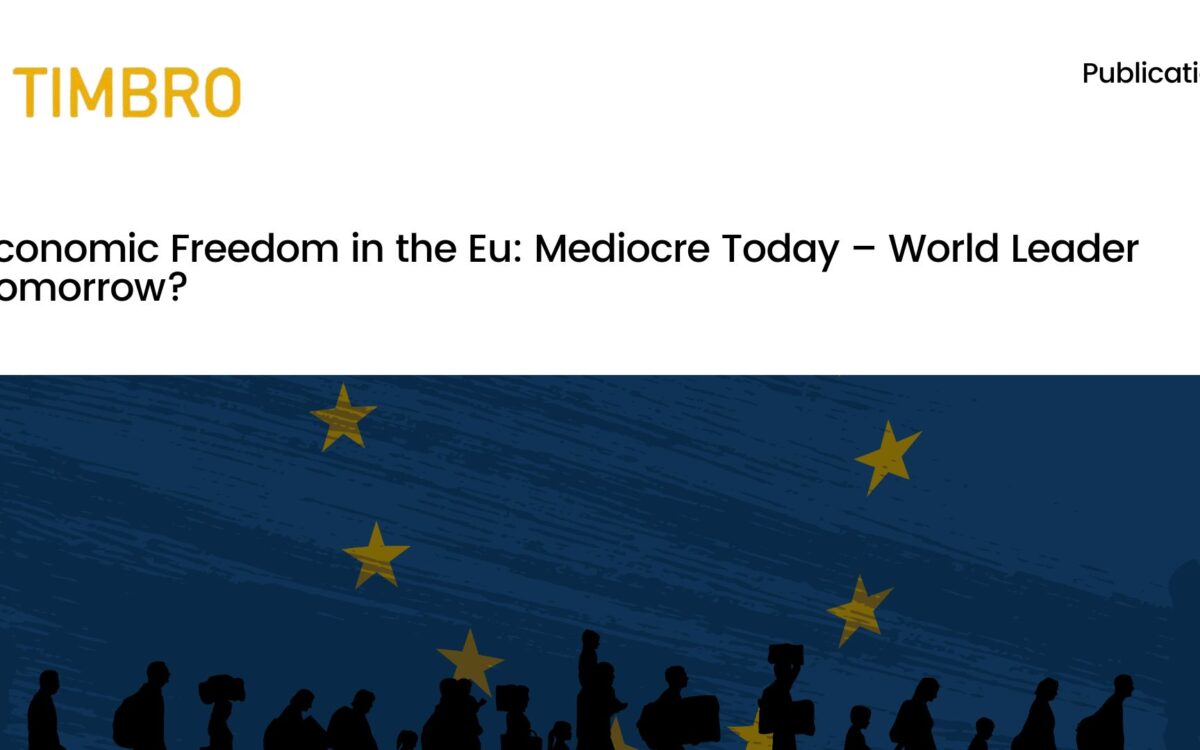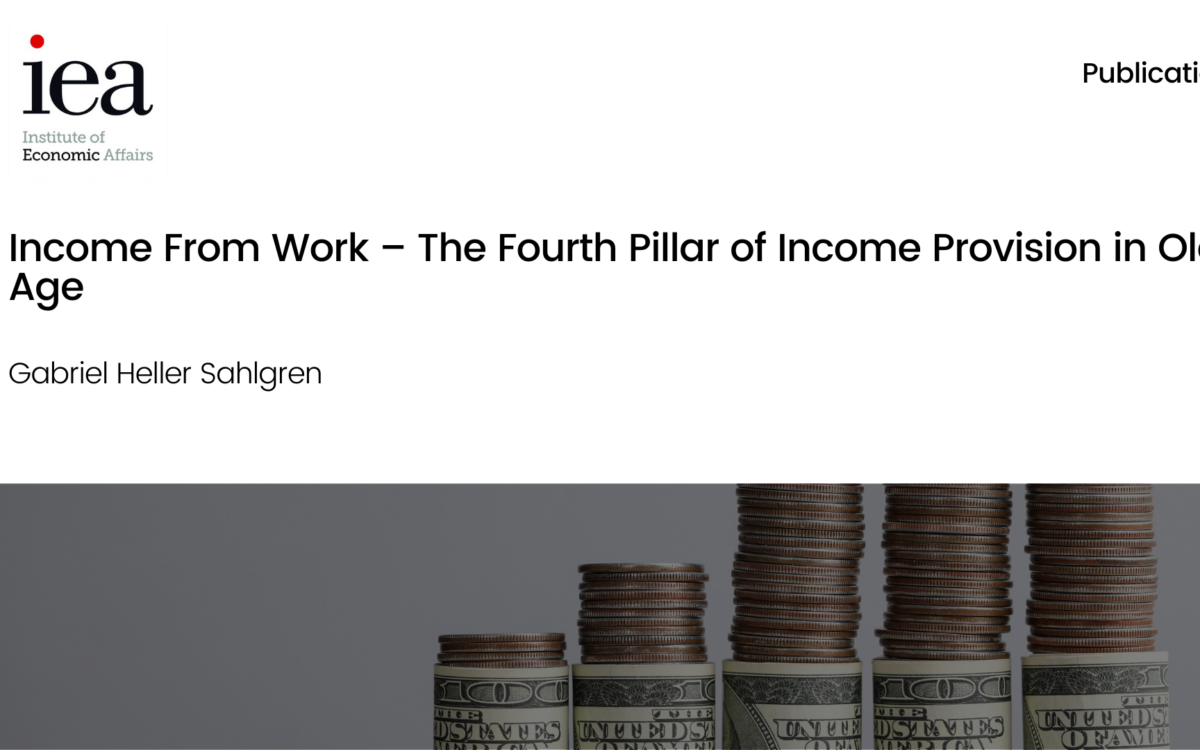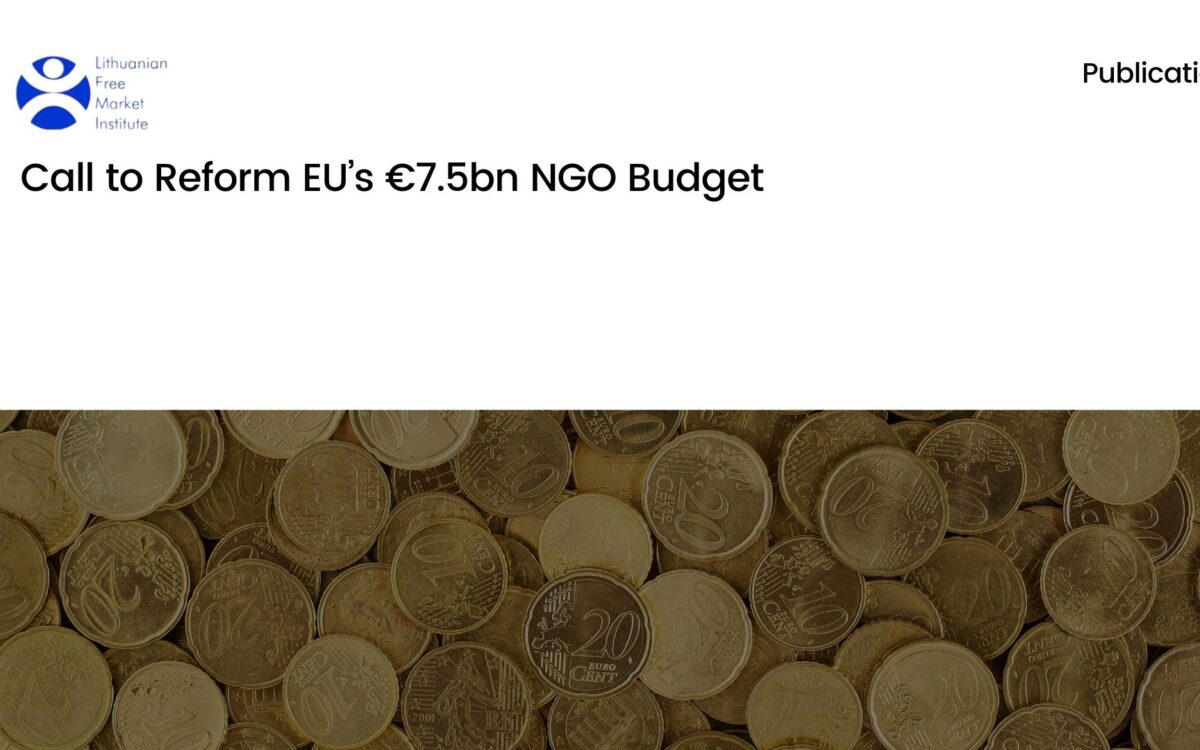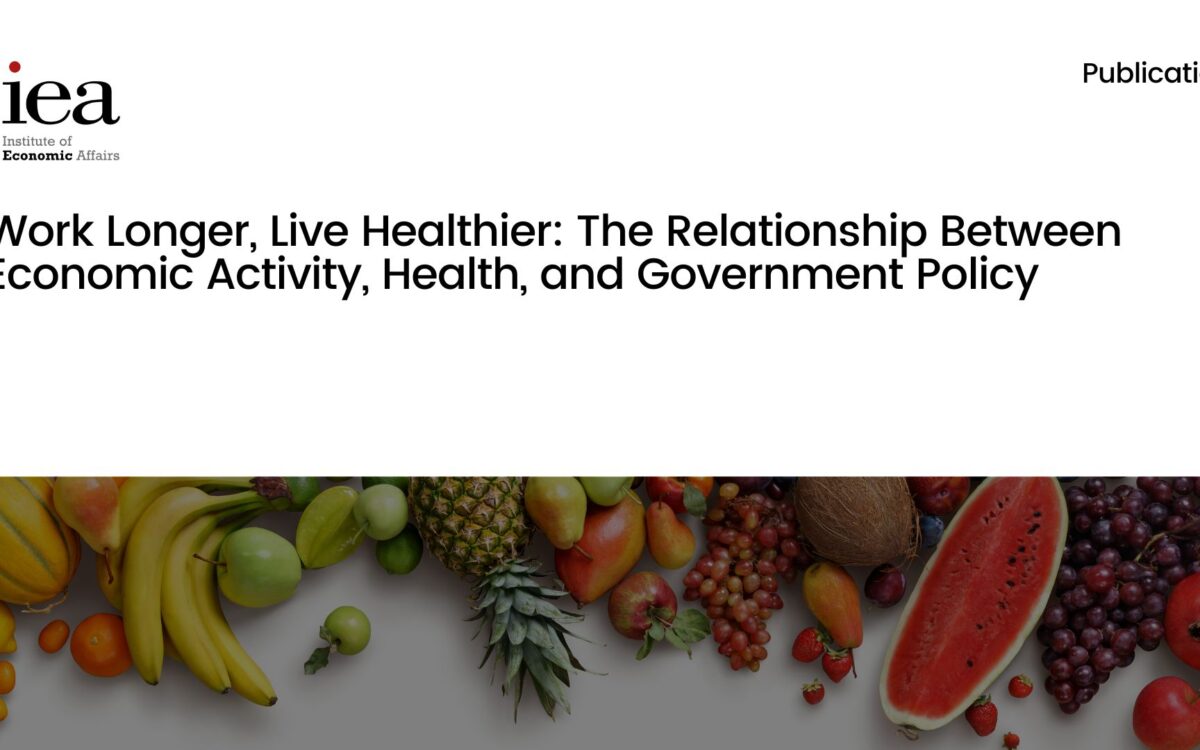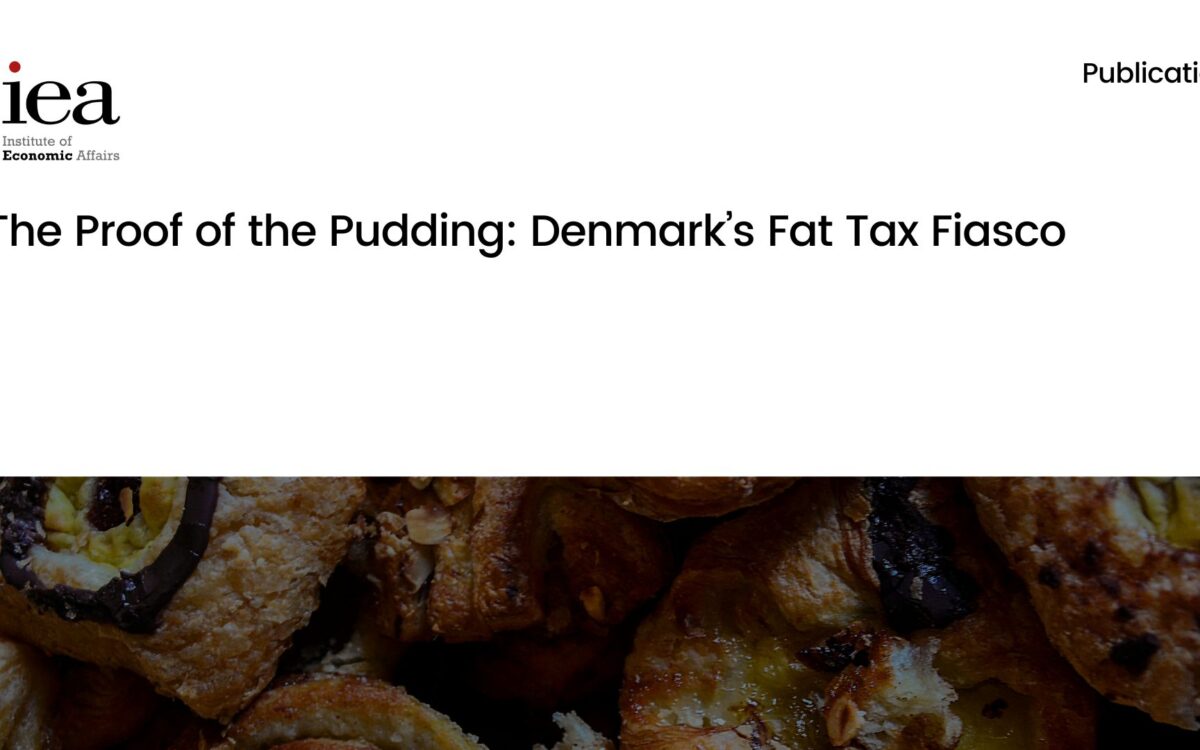May 1, 2014
The small loans market (quick credit, pay-day loans) often gets a lot of criticism in the media. Its critics state that the market has too little supervision; that the industry does not properly assess the ability of customers to repay their loan; and that interest rates are artificially high.

